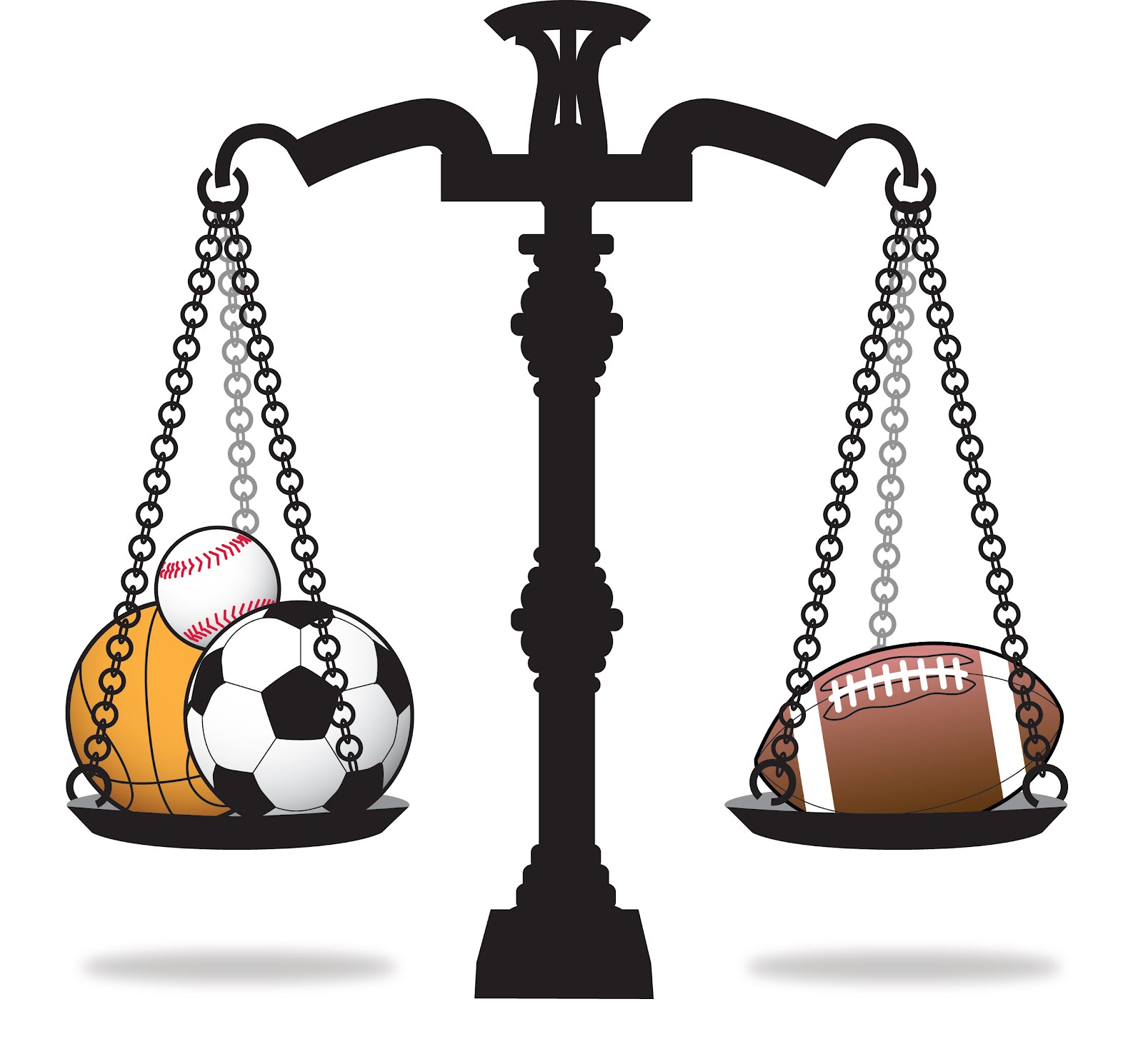I have been provided the opportunity to sit in on a class taught by ESPN and Sports Illustrated writer Andrew Brandt that is called “Business and Legal Aspects of Professional Sports.” Brandt is teaching the class through Villanova University’s online offering, which makes it easy for anyone to access the content. This article is part of a series of posts that I am crafting for Brandt’s class.
 Athlete agent laws exist across the United States. They require agents to apply for certification if they wish to contact student-athletes for the purpose of entering into agency contracts whereby the agents may then market the athletes for professional service contracts and/or endorsement agreements. The laws also include a prohibition on athlete agents providing anything of value to student-athletes.
Athlete agent laws exist across the United States. They require agents to apply for certification if they wish to contact student-athletes for the purpose of entering into agency contracts whereby the agents may then market the athletes for professional service contracts and/or endorsement agreements. The laws also include a prohibition on athlete agents providing anything of value to student-athletes.
Who benefits from these laws? The NCAA would like you to believe that athletes stand to gain from the existence and implementation of these laws by various states.
One of the most important benefits of the UAAA is the protection it affords for student-athletes. Some of the protections contained include prohibiting agents from giving false or misleading information or promises with the intent to induce a student-athlete into signing an agent contract. In addition, agents are prohibited from furnishing anything of value to a student-athlete before signing a contract. Further, an agent may not intentionally initiate contact with a student-athlete unless they are registered under the act. Also, for those student-athletes who do enter into a contract with an agent before their athletics eligibility expires, the act provides a student-athlete with the right to cancel the contract within 14 days. Finally, the contract must contain a notification to the student-athlete informing them that signing a contract may make the student-athlete ineligible for intercollegiate competition.
Do you really believe that? How does a prohibition of contact with a non-licensed agent protect the student-athlete in any way? In order to get licensed on a state-by-state basis, an agent must submit him/herself to a background check and pay a fee. Does a clean record prevent those individuals from giving false or misleading information or promises? How do you even determine if such information falls within that category of offenses?
Maybe there is foundation for student-athletes to not receive anything of value while enrolled in school. However, their classmates sure can receive anything they wish generally without any concern for the consequences. A prohibition on receiving items of value seems to be a detriment . . . not a benefit.
Here’s the kicker: the NCAA says that if a student-athlete agrees to be represented by an athlete agent, the student-athlete loses his/her eligibility to ever compete again in intercollegiate athletics.
At least the athlete has statutory recourse against an agent that wrongfully provides something of value and jeopardizes the athlete’s standing at his/her university, right? Not so fast, my friend. The Florida Athlete Agent Act provides a right for the educational institution to take action against the agent based on damages caused, but no such statutory right exists for the athlete. In fact, the institution can also go after the athlete based on harm that was caused.
So much for this being primarily to benefit the athletes.
If you’re interested in learning more about Villanova’s online sports program, please visit VillanovaU.com/SABSponsor.
